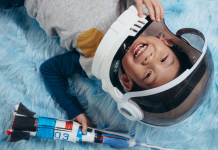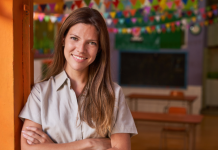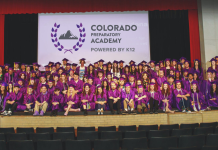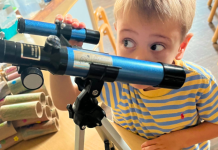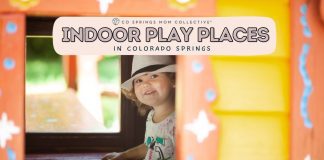As August is among us and many of you are getting ready for the new school year, I want to take this opportunity to share some helpful tips on getting your kindergartener ready for school. I have always felt kindergarten is one of the most special years in schooling (I may be biased). This is the year you set students up for success by showing them how fun school can be and teaching them all the basics that will lead them to be their very best for years to come.
I want to begin by thanking parents for entrusting teachers with their most precious gift — their children! When I taught, I always took such pride in knowing that I had an entire school year to help my students grow to their fullest potential. Spending so much time with my students meant that there were good days, bad days, and days where I was as much a nurse, mother, janitor and counselor as a teacher. I never took any of my roles for granted.
Kindergarten Transition
Now I want to focus on providing parents with helpful tips on this grand transition to your children being in school full time. Even students who seem completely ready may still need support with this milestone.
The Basics
It may seem silly but those Night Before Kindergarten books are great for introducing some of the basics.
Practice Beforehand
If your child feels nervous about any aspect of the day, practice aloud some of the things they may need to recite or know, such as:
- which method to leave school after the day
- the type of lunch your child is having — from home or cafeteria provided
- the difference between feeling sick versus sad
- expectations that cafeteria time may be a louder setting
- there may be a different teacher during specials time
- bathroom breaks are for using the bathroom
- following the directions given by teachers and staff is important so everyone can stay safe and have a great day
- be ready to tell a teacher if a peer is being unsafe with scissors, playground equipment, etc.
Although teachers go over the above procedures during the first few weeks, your child will be more prepared and set up for success if you also review these. Your child will also grasp that parents and teachers are united in working together.
LABEL LABEL LABEL
And once more for the people in the back, LABEL everything. This is probably the first time your child is fully in charge of all of their belongings. They are going to try their best, but we can all forget things from time to time. Be sure to ask the front office where the lost and found is located so you know where you or your student can check when something goes missing.
Change of Clothes
It is important to have a change of clothes for your child in their backpack just in case they have an accident, which may include getting wet from snow, puddles, art supplies, water bottle spilling, etc!
Kindergarten Conversations
Have conversations on where everything is located in their backpacks and lunch boxes. Do not forget to practice opening and closing lunch utensils. I know it sounds silly, but a lot of kids do not know how to do this on their own and sometimes feel too overwhelmed to ask for help from a lunch monitor and will sadly sit their entire lunch period without having eaten. There is no way for teachers to know this is happening because while students eat, most teachers are also eating and are not with their students.
Avoid Yes/No Questions
Do not be discouraged if your kiddo can’t tell you a lot of details about their day. There is a lot of information to process for the first few weeks. As your child settles into a routine, he or she will be able to answer more of your detailed questions. For example, “Which specials did you have today? What was the name of the book your teacher read you today? What letter sounds are you working on? Which sight word are you practicing this week? Who did you sit near during carpet time? Were they a good friend to sit next to? Why or why not?” By staying away from yes or no questions, kids will naturally be guided to answer in a more detailed manner.
Read
One VERY important way to support this milestone into kindergarten is reading to your child. I cannot stress enough how beneficial reading to your child is. The amount of vocabulary and knowledge they gain along with problem solving skills and so much more is invaluable. This holds true no matter the age of your child!
R-E-S-P-E-C-T
Last but not least, discuss respect and what that entails during the school day. Your child will come across a lot of new faces and authority figures. (I found it so beneficial when parents had these conversations before school started so their child knew what to expect). When you are talking about the same expectations as the teacher, your child will further grasp that you and the teacher are on a team with the same goals.
I hope many of these tips will be able to help you and your little start the school year as successfully as possible! Because the summer is winding down, this is the BEST time to start prepping. If you have any questions or other tips, be sure to comment below! You can also find me on IG @jones.family.tribe!



